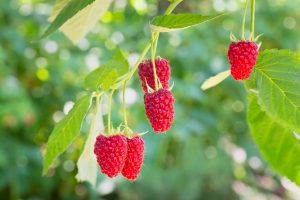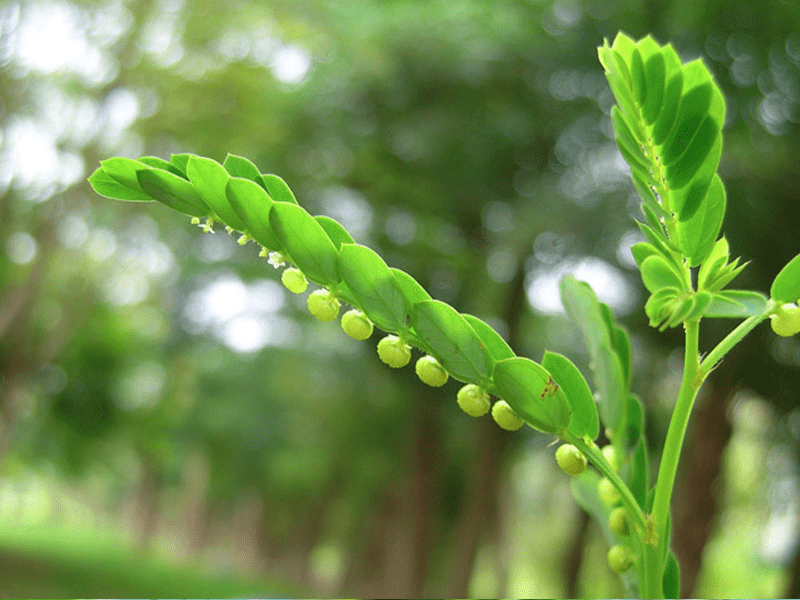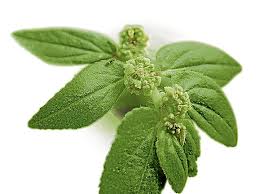Red raspberry(heath benefits)
Nutrients
Red raspberry leaves contain vitamin A, vitamin C, vitamin E, and B vitamins. These vitamins help support health by preventing oxidative stress and improving cellular processes such as energy expenditure. The leaves also contain calcium, magnesium, and potassium. These minerals help to promote healthy digestion and strong bones.
 In addition, raspberry leaf tea contains antioxidants known as polyphenols and tannins. These antioxidants help protect against free radicals that can cause oxidative stress. Oxidative stress is the human body’s form of rust and can cause a host of issues from increased risk of serious disease to premature aging
In addition, raspberry leaf tea contains antioxidants known as polyphenols and tannins. These antioxidants help protect against free radicals that can cause oxidative stress. Oxidative stress is the human body’s form of rust and can cause a host of issues from increased risk of serious disease to premature aging
It is said to Reduce Menstrual Cramps
Red raspberry leaves are chock full of fragarine — a compound that is known to inhibit uterine activity (3). This can be beneficial for people who have difficulty controlling bowel movements and urination. In particular, the herb is used by pregnant women to reduce the frequent urge to urinate.
A study published in Planta Medica found that ingredients in red raspberry leaf including fragarine help to tighten muscles in the pelvic region. This can result in a decreased sensation of cramps and the urge to pee. Researchers also found that plant may help to alleviate other menstrual symptoms including nausea.
Raspberry leaves also contain iron, which may have benefits during menstruation. Women who experience heavy periods are more susceptible to anemia. Increasing iron intake can combat this increased risk and prevent side effects such as fatigue and irritability.
Side Effects of Raspberry Leaf Tea
Raspberry leaf tea is considered safe for moderate consumption among the general population. Most experts, including the American Pregnancy Association, agree that the tea is safe to consume, but it’s important to note that the FDA has not approved the tea as a treatment for any health problems.
It’s important to talk to a healthcare professional before consuming red raspberry leaf tea. A healthcare provider can help you understand potential side effects including medication interactions. The beverage has a few side effects that are worth noting.
Braxton Hicks Syndrome
Anecdotal evidence shows that drinking red raspberry leaf tea may increase the risk of Braxton Hicks in pregnant women. Braxton Hicks contractions occur as early as the second trimester but are more common in the third trimester.
The contractions occur in the uterus and can last anywhere from 30 seconds to two minutes. They are irregular, infrequent, and cause uncomfortable pain. They are not real contractions and are often referred to as “false labor”. If it’s your first pregnancy, you may experience these contractions more frequently.
To encourage contractions and induce childbirth, some midwives recommend drinking the tea two weeks before your due date. Avoid drinking the tea during early pregnancy — in the first trimester — as the uterine strengthening properties may increase the risk of miscarriage.
Gastrointestinal Upset
Red raspberry tea has natural laxative properties that can cause digestive upset. Taking high doses of the plant as a supplement or drinking too many cups of the tea can cause problems including diarrhea and vomiting. Limit intake to one or two cups of red raspberry leaf tea per day.









Review Red Raspberry.
You must be logged in to post a review.